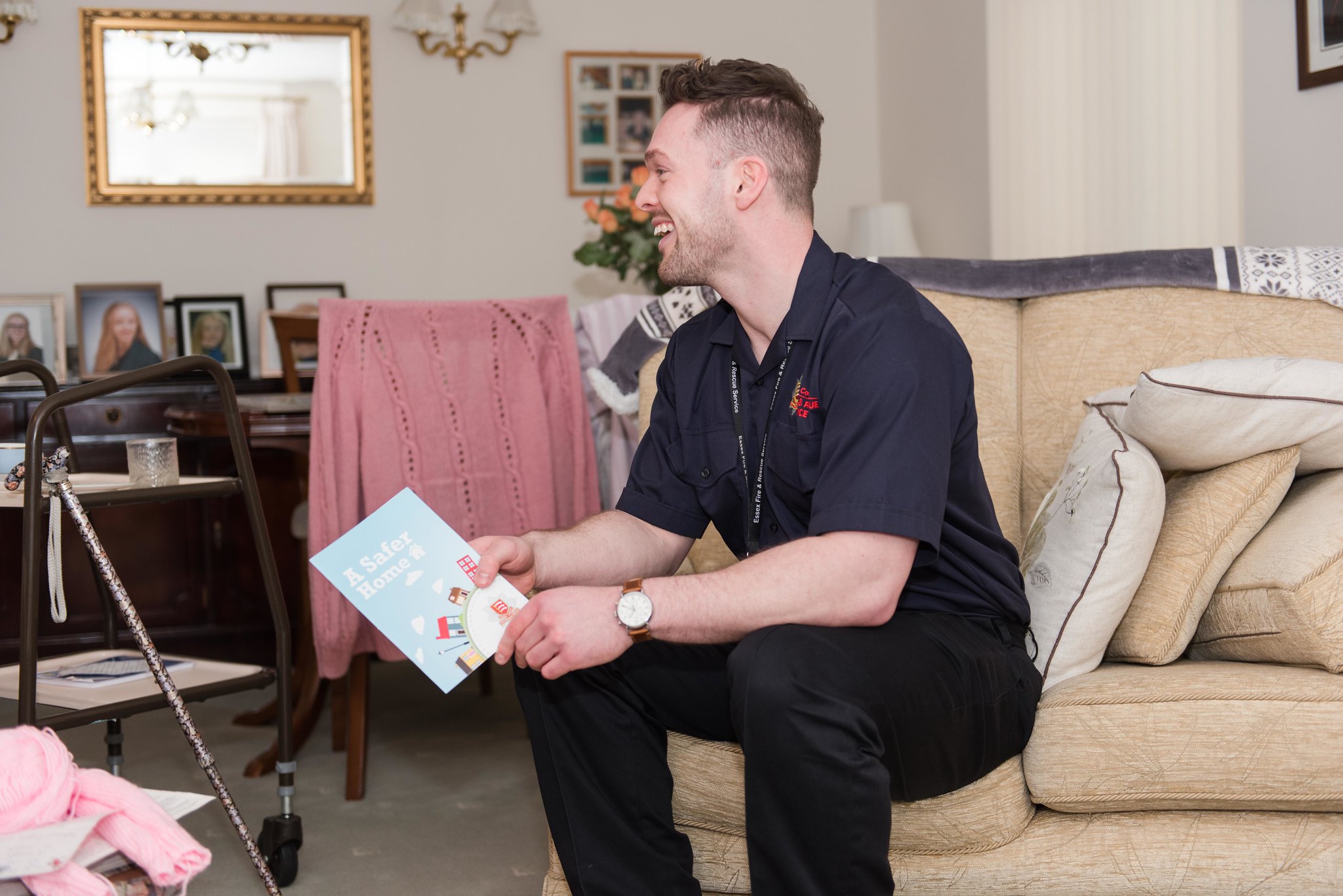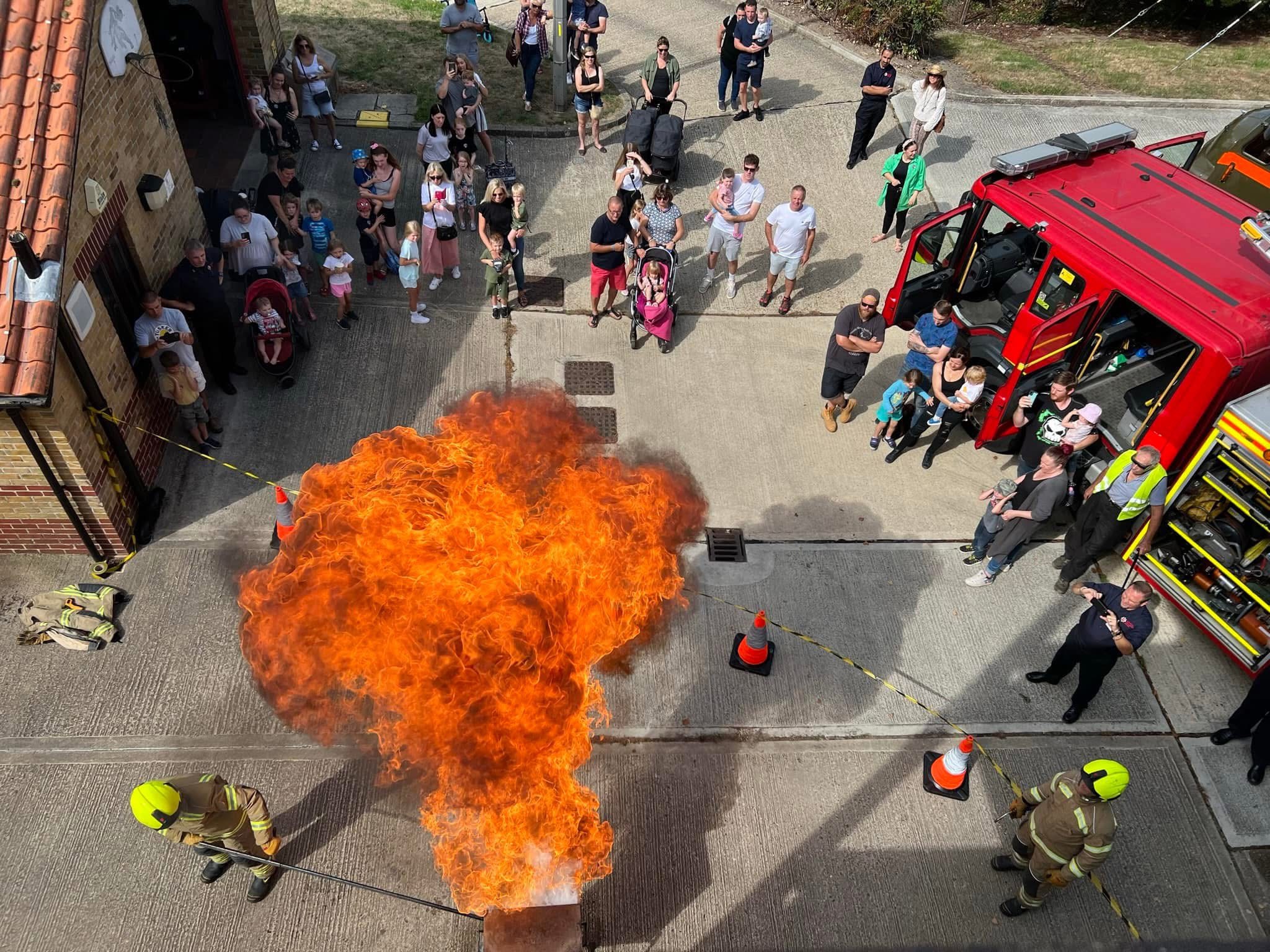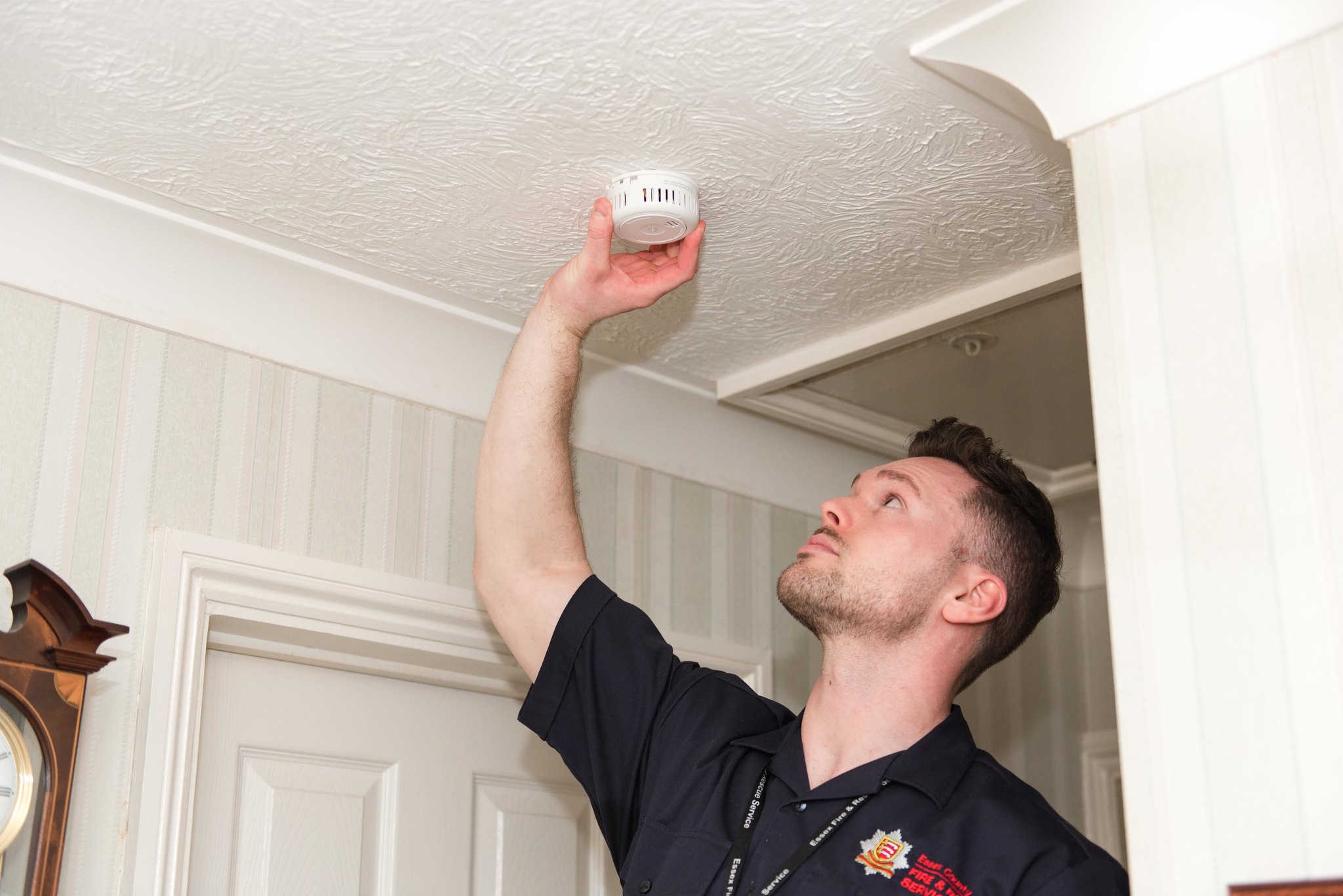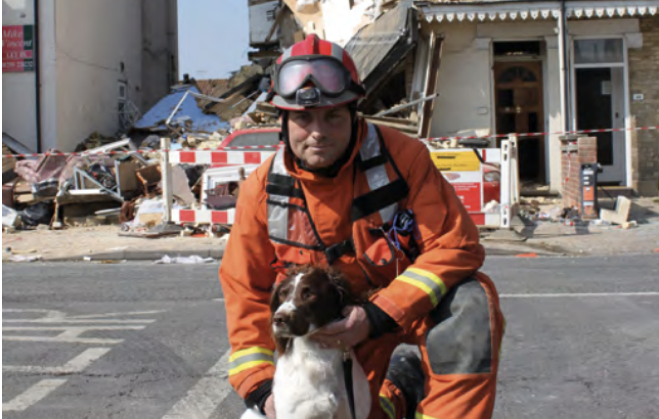
Fire Safety Advice for Hearing Loss
This page features resources, advice, and guidance for people who are deaf or have hearing loss, including a fire safety advice video in British Sign Language (BSL).
BSL | Sensory Smoke Alarms at Essex County Fire and Rescue Service
Essex County Fire and Rescue Service provide and fit specialist sensory alarms completely free of charge for anyone with hearing loss living in Essex. These alarms can save lives. They alert the user to a fire in the home even if they have removed their hearing aid at night.
Smoke Alarms for people with hearing loss
Essex County Fire and Rescue Service provide and fit specialist sensory alarms completely free of charge for anyone with hearing loss living in Essex. These alarms can save lives. They alert the user to a fire in the home even if they have removed their hearing aid at night.
How they work
A sensory smoke alarm is fitted to the ceiling in the same way as a regular smoke alarm and is wirelessly linked to additional devices which use strobe lighting and/or vibrations.
The device is placed in the line of vision of the person who requires the sensory alarm while in bed (i.e. on the bedside table or wall-mounted nearby). The device is attached to a vibrating pad that is placed underneath a pillow in the bed.
Multiple linked alarms can be placed throughout the home, so that all alarms activate in the event of one alarm being set off.
When a smoke alarm on the ceiling is activated, a high-intensity flashing strobe light is set off inside the bed-side device and subsequently, the pad will vibrate underneath the pillow, alerting the person and enabling them to be aware of what actions they need to take which may involve evacuating the property.
How to get the alarms
Essex County Fire and Rescue Service provide and fit specialist sensory alarms completely free of charge for anyone with hearing loss living in Essex. Simply contact us to book a Home Safety Visit:
Email: home.safety@essex-fire.gov.uk
Call: 0300 303 0088
Home Safety Advice - BSL
Fire Kills have produced this informative video in British Sign Language (BSL) to provide advice on measures that can be taken to reduce fire risks in the home. It takes you through general fire safety advice and specialist information such as smoke alarms for people with hearing loss.
Fire Safety Advice
Be prepared - Get out, stay out, call 999
- Place helpful indicators along your escape routes and make sure you feel comfortable following them, even if you’re feeling tired in the middle of the night
- Make sure all doorways and corridors are kept clear
- Have a plan B. The front door is usually your first option, but have a plan B if plan A is blocked
- Keep door and window keys near the exit
Raising the alarm
Register for the SMS 999 service, which will link you automatically to the emergency services.
- to register text ‘REGISTER’ to 999
- you will get a reply – then follow the instructions
Make sure your front doorbell is working and is an amplified, flashing or vibrating doorbell so that a neighbour or firefighter can alert you.
Working in Partnership
We've worked with ECL Sensory Team for years and we're so proud of the journey we have taken with them.
Take a look at the video below featuring our colleague Paul Pemberton who passionately led the way and championed accessibility within our organisation to ensure that our services are accessibility for individuals with sensory impairments.


